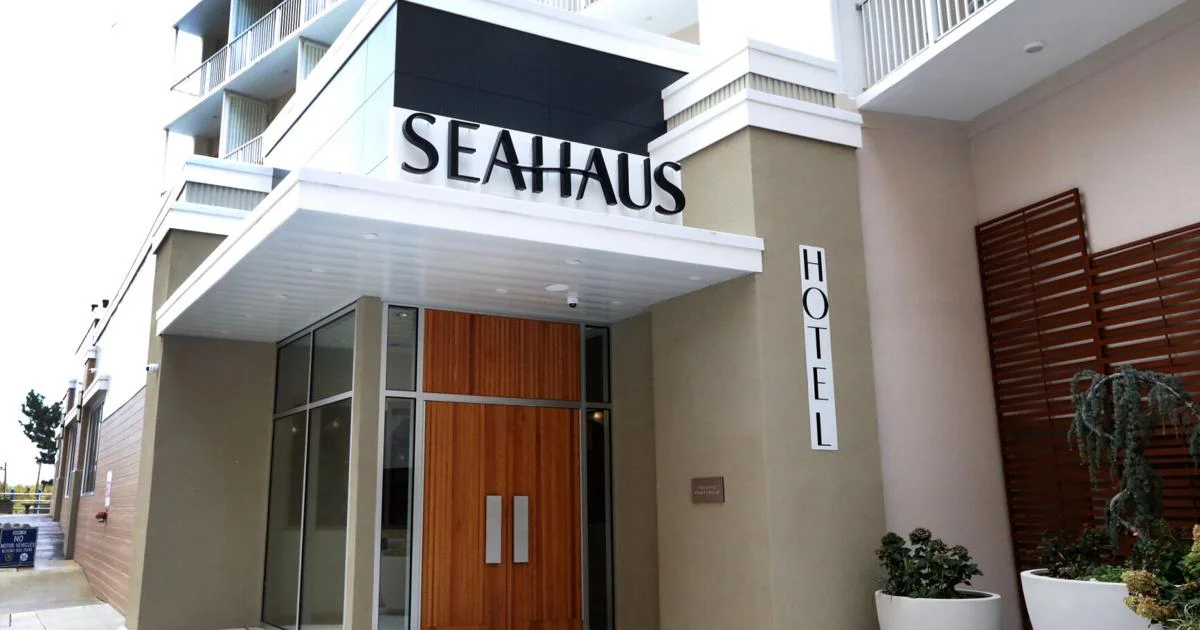By Africa Risk Control,NBE
Copyright newbusinessethiopia

By Africa Risk Control Portuguese-speaking Africa Desk Africa Desk – Mozambique, located in southeastern Africa, is emerging as one of the continent’s most promising investment destinations. Rich in natural resources, strategic ports, and a young workforce, the country has attracted significant attention from both regional and international investors.
Its abundant natural gas reserves, expanding infrastructure projects, and growing agribusiness sector make it a high-potential market for companies seeking long-term growth in Africa. Despite challenges such as political volatility and regional security concerns, careful due diligence and local partnerships can unlock substantial opportunities.
Key Investment Opportunities
Energy & Power
Mozambique is endowed with vast natural gas reserves, particularly in the Rovuma Basin. This has positioned the country as a key player in liquefied natural gas (LNG) exports. Major international energy firms are actively investing in exploration and infrastructure development, while renewable energy projects, including solar and hydroelectric plants, are gaining momentum. Investors focusing on energy generation, distribution, and related infrastructure can find long-term growth prospects in Mozambique’s energy sector.
Infrastructure & Construction
Mozambique’s strategic location along the Indian Ocean makes it a gateway for trade across southern Africa. Ongoing investments in port expansion, road networks, and rail links create opportunities for companies involved in construction, civil engineering, and logistics infrastructure. Key projects include the development of the Port of Nacala, road modernization initiatives, and railway rehabilitation connecting inland mining areas to export hubs.
Mining & Minerals
The country’s mineral wealth extends beyond coal, with deposits of titanium, graphite, and gemstones. Mozambique’s mining sector continues to attract foreign investment, offering opportunities in extraction, processing, and export logistics. Companies with expertise in sustainable mining practices are particularly well-positioned to gain from the country’s mineral sector growth.
Agribusiness
Agriculture remains a cornerstone of Mozambique’s economy, employing the majority of the population. Investors can explore opportunities in commercial farming, agro-processing, and export-oriented agribusiness projects. Products such as cashew nuts, sugar, and tropical fruits are key export commodities, supported by government initiatives to enhance productivity and value addition in the sector.
Major Players in Key Sectors
Several international and local firms are active across Mozambique’s priority sectors:
Energy: TotalEnergies, ENI, and ExxonMobil in LNG; renewable projects backed by local firms.
Infrastructure: China Road and Bridge Corporation, Vinci Construction, and local contractors.
Mining: Kenmare Resources (mining minerals), Rio Tinto (exploration), and local mining SMEs.
Agribusiness: Export Trading Group, local agribusiness cooperatives, and foreign investors in large-scale farms.
These players highlight the country’s attractiveness to investors while emphasizing the need for due diligence in assessing local partners and operational risks.
Risks & Challenges
Investing in Mozambique requires careful consideration of several risk factors:
Political and Regulatory Risks: Mozambique has a history of political unrest, particularly in northern regions. Regulatory frameworks are evolving, requiring investors to navigate licensing, taxation, and compliance requirements carefully.
Security Concerns: Certain regions, notably Cabo Delgado, face insurgency and security threats. Companies must assess risks related to operational safety and continuity.
Infrastructure Gaps: While major projects are underway, infrastructure outside key urban and port areas remains underdeveloped, affecting logistics and distribution.
Environmental and Social Risks: Large-scale projects must manage environmental impacts, community relations, and sustainable resource use to avoid disputes or reputational damage.
Risk Mitigation Strategies
To minimize exposure while maximizing returns, investors should consider:
Local Partnerships: Collaborate with established local companies to navigate regulatory requirements and cultural nuances.
Security Measures: Engage professional security advisory services and conduct thorough risk assessments, particularly for northern operations.
Legal Due Diligence: Vet contracts, permits, and local entities through experienced legal counsel.
Sustainable Practices: Align projects with environmental and social governance standards to mitigate long-term risks.
In conclusion, Mozambique offers compelling investment opportunities across energy, infrastructure, mining, and agribusiness. While risks exist, strategic planning, careful partner selection, and local expertise can turn these challenges into competitive advantages.
For investors interested in Mozambique, reach out to our Portuguese-speaking Africa Desk Chief for expert guidance and country-specific support.
EDITOR’S NOTE: This article is contributed by the Africa Risk Control (ARC), an investigative due diligence and corporate intelligence firm. ARC is an affiliate of NewBusinessEthiopia.com and provides expert country-specific business insights, risk assessments, and advisory services across Africa. Learn more about ARC services here.



